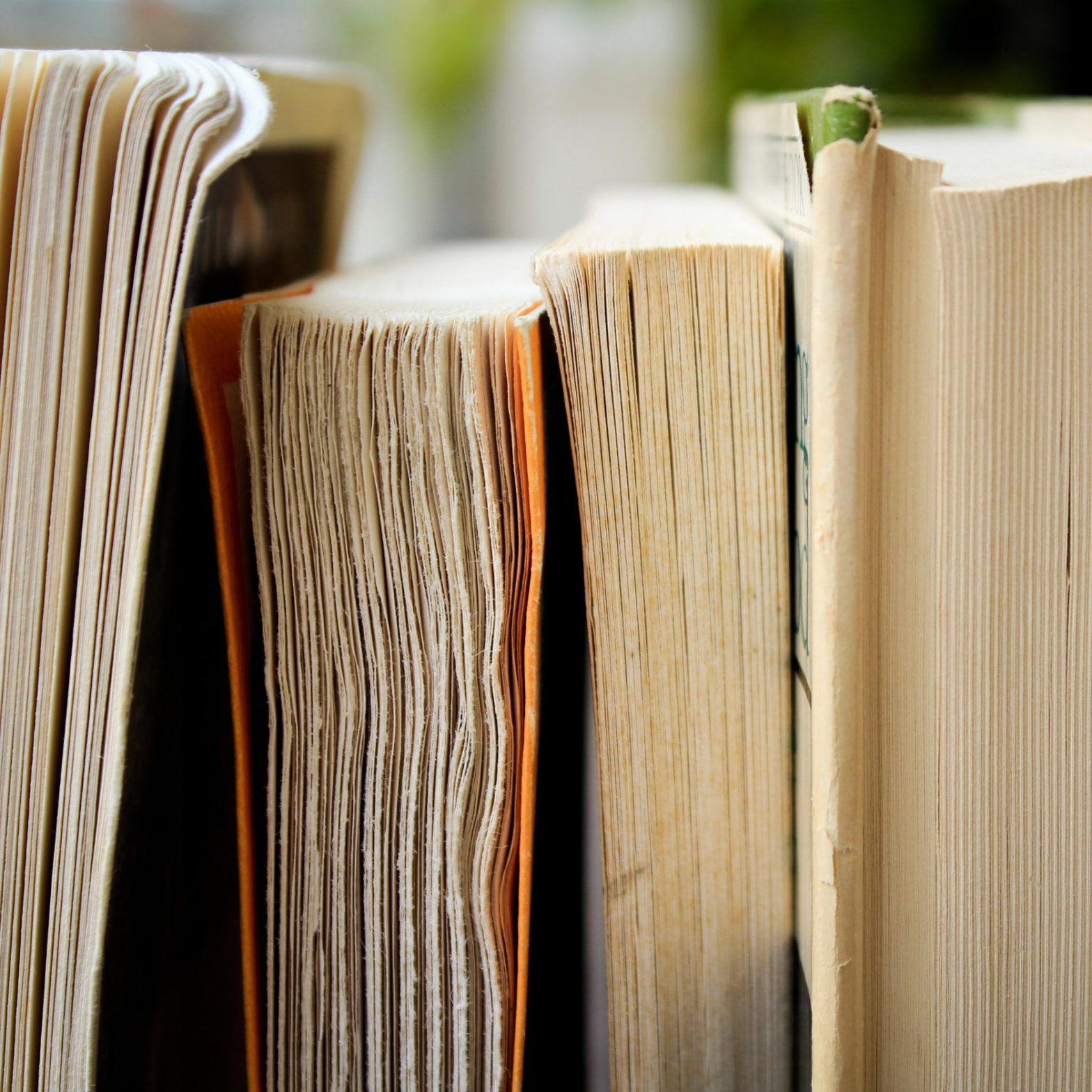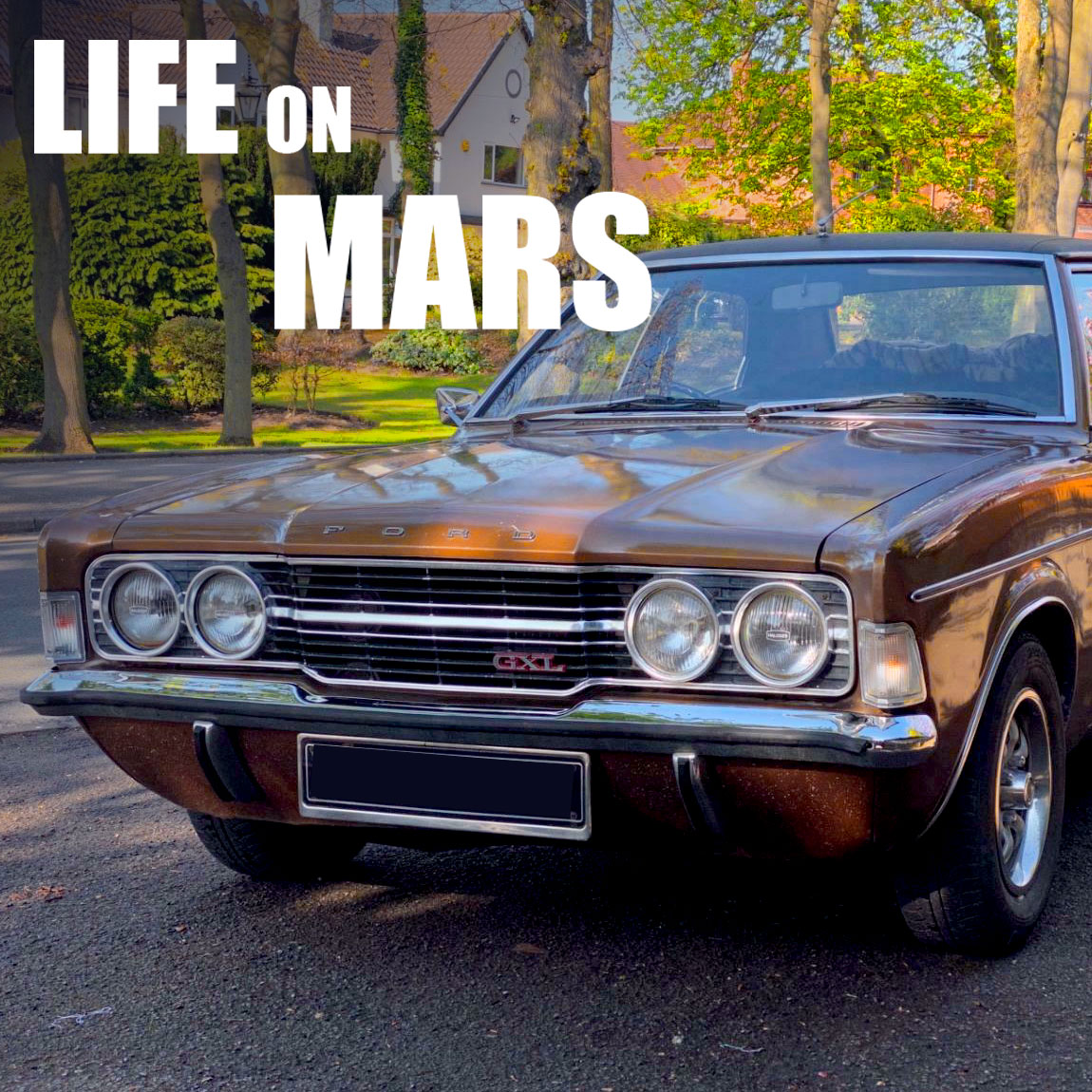If not for lockdown would I ever have taken up the gauntlet and turned to Fantine, the first tome (of five) of “a sort of essay on the infinite,” as Victor Hugo called Les Misérables?
Category: Lockdown Reading
I am finding it much easier to concentrate on extremely trivial things, such as Fantasy Premier League
At first more, because of all the extra time freed up by not commuting.
Nothing sad! So no tragedy thank you very much
Started off less – used to read on frequent train journeys to babysit grandsons or up to London for ballet etc [sob] – so frequent reading stopped when that stopped.
Life on Mars
The thing that has kept me going during all three lockdowns has been the British tv drama series Life on Mars, first unleashed on our tv screens 15 years ago in January 2006. I somehow managed to miss it then, but discovered it, thanks to my son, during the first lockdown during the spring of 2020.
It was nice to sit down in a quiet room and read
I have read a bit more than usual during lockdown.
I reverted to being 13 & just read massive epic fantasy sagas. Anything with dragons.
I read more, I had more time because we couldn’t bloody well go anywhere!
‘Life on Mars’ a lifeline during stressful times
In the last couple of years, aided by belonging to a book club, I was usually reading a book a month. When the first lockdown began in 2020, there were two dozen or more unread books on the shelves, but I felt the need to stock up on some new titles.
I thought it was a Zombie Apocalypse book …
Have you read more or less during lockdown, or much the same as usual?
Slightly less as I’ve not listened to as many audiobooks.
Has lockdown affected your choice of reading material?
Definitely! I am reading much less non fiction and the fiction I do read tends towards escapism, even more than usual…
Reading has been one of my main pleasures during lockdown
When the first lockdown started last March, I had 50 or 60 books waiting to be read, mainly generous gifts from friends and the result of my purchases from charity shops, visits to which have been rather an addiction in recent years.
For a while I couldn’t read anything
For a while I couldn’t read anything, as I had a very short attention span. I suspect I was a bit stressed about the pandemic.

